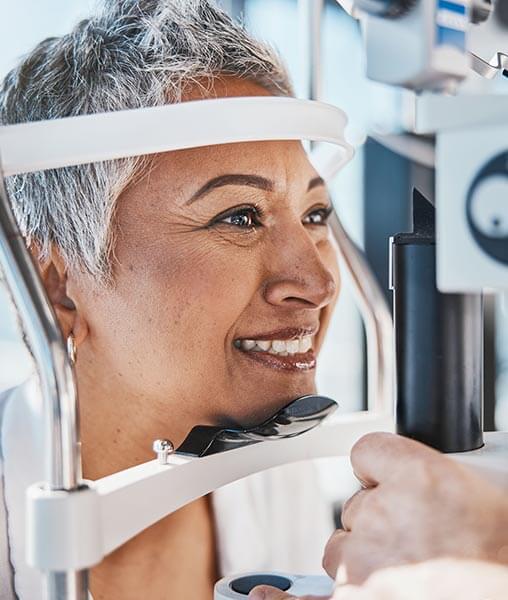Posted by: Albany Cornea | Center For Eye Care Excellence in Corneal Transplant

The eye has several parts, all of which perform a vital role in vision. The cornea is the part of the eye that covers the pupil. It is a clear piece of tissue that protects the inner eye and also focuses light that passes through to the eyes’ lenses and retinas. Without focus, as it passes through the front of the eye, light cannot land accurately on the retina. As a result, vision becomes blurry. In some instances, corneal transplant surgery is considered for vision correction. Here, we discuss why.
Why Not Just have LASIK?
When vision is not crisp and clear, many people think about LASIK as a quick and convenient path to seeing better. LASIK works by reshaping the cornea. However, no two corneas are the same. Visual disturbances that originate in the cornea may not be due to a simple shape problem. The cornea may also be affected by the disease. Common examples include keratoconus, trichiasis, keratitis, and Fuchs dystrophy. In such instances, a corneal transplant may be the best option for restoring clear vision.
How Does a Corneal Transplant Work?
The cornea is not a single piece of tissue. It is made up of several layers that lie one on top of another. The top, the outermost layer, is the epithelium. Even thinner than the epithelium is the endothelium. Then there is the stroma, a front membrane, and a rear membrane. A corneal transplant may replace all of the layers of the cornea or some of them, depending on the area that is affected.
A full-thickness corneal transplant removes the entire cornea and replaces it with a donor. This technique is usually performed only when the stroma layer of the cornea has been damaged. Whenever possible, a specialist performs a partial-thickness corneal transplant. This technique focuses on the endothelial tissue that sits more superficially at the front of the eye. Partial-thickness corneal transplants are often a preferred treatment for Fuchs dystrophy.
The team at Center For Eye Care Excellence is constantly learning about advances in corneal treatments. Alternatives to cornea transplant surgery exist and are considered whenever possible. To learn more about corneal conditions and how we can help, call 518.475.1515.

